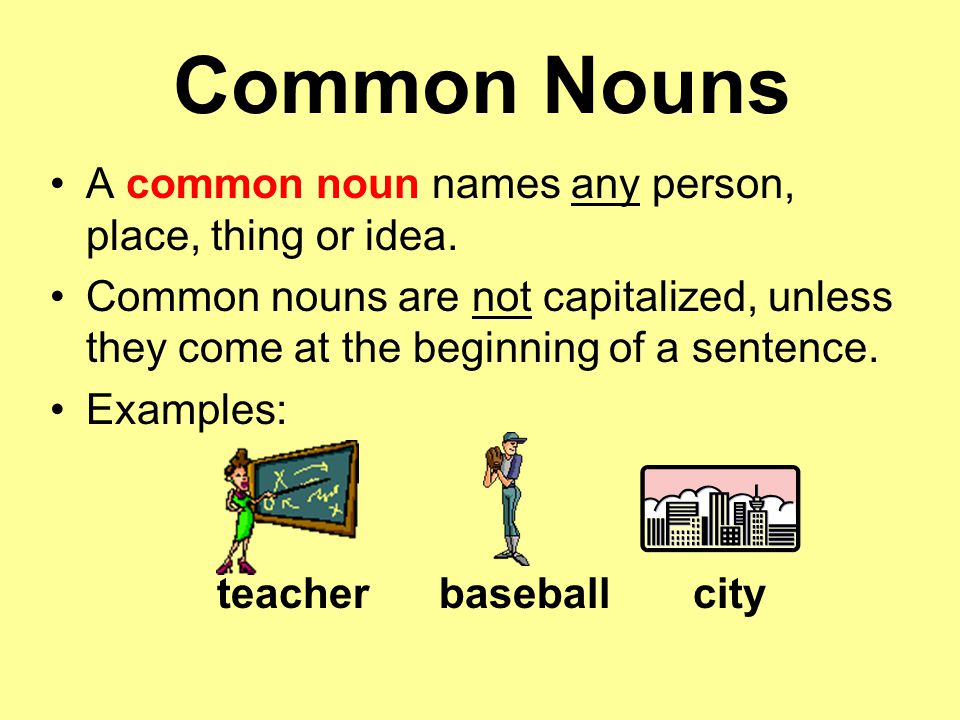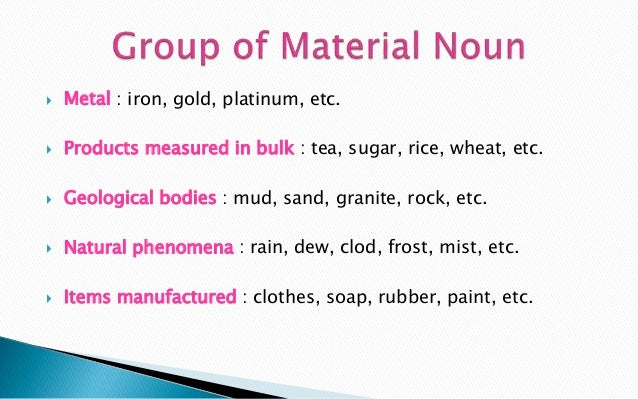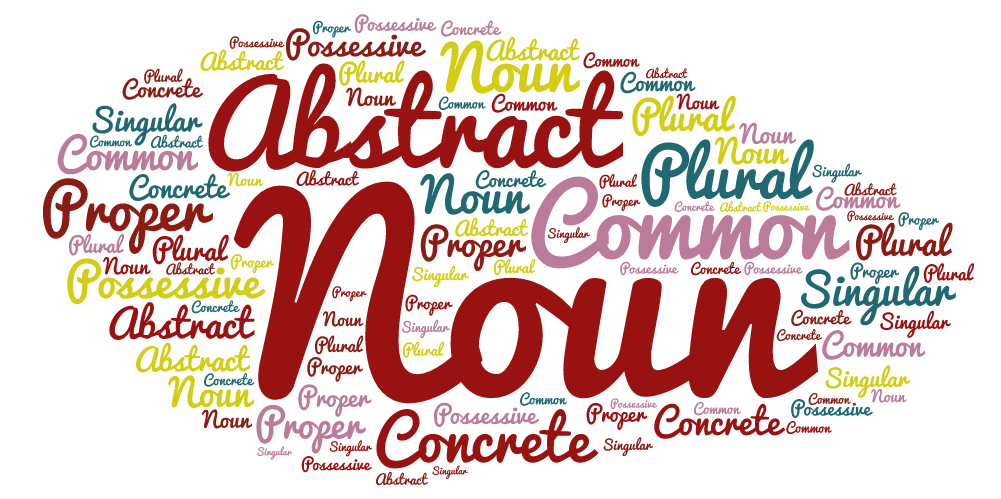What is a Noun and Its Kinds:
Image Credits: .bp.blogspot
Introduction
Hello guys how are you all?
I hope you are all are good and well and thank you for reading my blog. My name is MoniLove. I am a teacher of English. I teach the students how to speak English in their busy lives daily. I always try to teach English in a simple way because the simple way is the only way that can be useful in teaching. There are many Procedures to teach English but I always choose the most simple and easy way. If you want to be a good speaker of the English language then please follow me at bitlanders. So read my blog all for perfect understanding what is a noun and Its kinds (Proper Noun, Collective Noun, Common Noun, and Abstract Noun)
Why I choose bitlanders?

Image Credits: Bitlanders
I choose bitlanders to post my blogs because this website is the best in the world which pays for your opinion. if you are not signed up yet then please click here to join bitlanders. You will get 1 dollar free at the start. When you signed up you will get 3 free submissions so hurry up and join bitlanders and be rewarded for your opinions and thoughts.
Topic:
Today my topic is the most important topic of the English language which is "Noun". In this blog, I will tell you the forms and kinds of Noun and its definition. If you like my blogs and want to learn English quick so feel free to ask your question. So let's start from the beginning.
Nouns

Image Credits: Wp Content
Definition:
The noun is a name of the thing, place, person or an idea which can function as a subject or an object of the verb or an object of the preposition.

Image Credits: Useremarkable
KINDS OF NOUNS:

1. Proper Nouns:
(i) Sindh is the largest river in Pakistan.
(ii) Karachi is a port city.
(iii) The Earth revolves around the sun.
(iv) Aslam is a fearless boy.
(v) Sahara is the biggest desert in the world.
2. Common Nouns:

Image Credits: Slideplaye
(i) She has broken a chair.
(ii) I bought a book.
(iii) He has lost his pen somewhere.
(iv) Who knocks at the door?
(v) Please, lend me your watch for a week.
3. Collective Nouns:

Image Credits: Englishstudypage
(i) The crowd was dispersed.
(ii) The jury will dispose of the case next week.
(iii) The whole class was making noise.
(iv) Swarm of the bees was hovering over our heads.
(v) The marriage procession was passing through the street.
4. Material Nouns:

Image Credits: Iimage slidesharecdn
(i) Gold is a precious metal.
(ii) This chair is made of wood.
(iii) Flour is obtained from wheat.
(iv) Blood is thicker than water.
(v) Our cotton is of nice quality.
5. Abstract Nouns:

Image Credits: Pinimg
(i) Honesty is the best policy.
(ii) Jealousy is a harmful feeling.
(iii) Love begets love.
(iv) He has a great deal of experience in teaching.
(v) Kindness never goes unrewarded.
Further nouns can be divided into two groups either countable or uncountable.
Countable Nouns:
pen, pencil, plate, table, chair, window.
Uncountable Nouns:
fear, kindness, bravery, confidence, faith, honesty, gold, water, milk, flour. (Abstract and Material Nouns are uncountable)
There are some other forms of nouns which are known as combined Noun and Gerund Noun. These are defined as under:
Combined Noun:
Combined Noun is also called noun combination when two nouns jointly form one noun, it is called Combined Noun. e.g. wall clock, ceiling fan, table lamp, bus stop, railway station, school teacher, etc.
Gerund Noun:
In the English language of the gerund, verbs take the place of gerund nouns. Read the following examples:
Mr. Karim is teaching us English these days.
(In the above sentence "teaching" is the gerund verb that shows activity in progress.
Mr. Karim takes a deep interest in teaching.
(In the above sentence "teaching" does not refer to activity but to a profession, therefore, it is gerund noun. Read some more examples:
1. He has been playing card for the last two years.
"Gerund Verb"
The playing card is not allowed here.
"Gerund Noun"
2. These days the rich are hoarding money.
"Gerund verb"
He is not fond of hoarding money.
"Gerund noun"
The above sentences show that a "Gerund" is a form of the verb which ends in "ing" and has the force of a noun and a verb.
Exercise:

Image Credits: Dumielauxepices
Differentiate the following underlined words:
1. Please teach swimming too.
2. Giving is better than receiving.
3. Seeing is believing.
4. He has been taking rest for four hours.
5. The old man was tired of walking.
6. They have been building the bridge for several months.
7. They ware watching T.V. when the guests arrived.
8. The time of the singing of the birds has come.
9. At that time he had been writing a novel.
10. He was found fighting desperately for his life.
11. His handwriting is not legible.
12. He has ruined his sight by reading small prints.
13. Walking on the grass is forbidden.
14. The Earth is revolving around the Sun.
15. They spent afternoon playing cards.
16. He has been working here for the last five years.
17. Many aged people think that watching T.V. is not a useful activity.
18. Mr. Ahmed has been teaching in this college for the last five years.
19. He takes a deep interest in gardening that is why he has planted a garden in his house.
20. They are protesting against the new policies.




